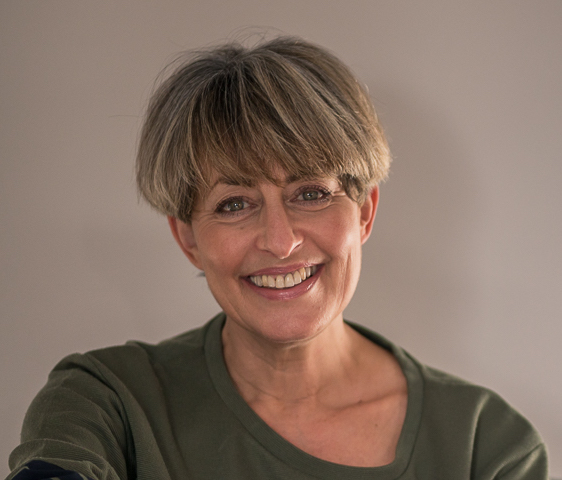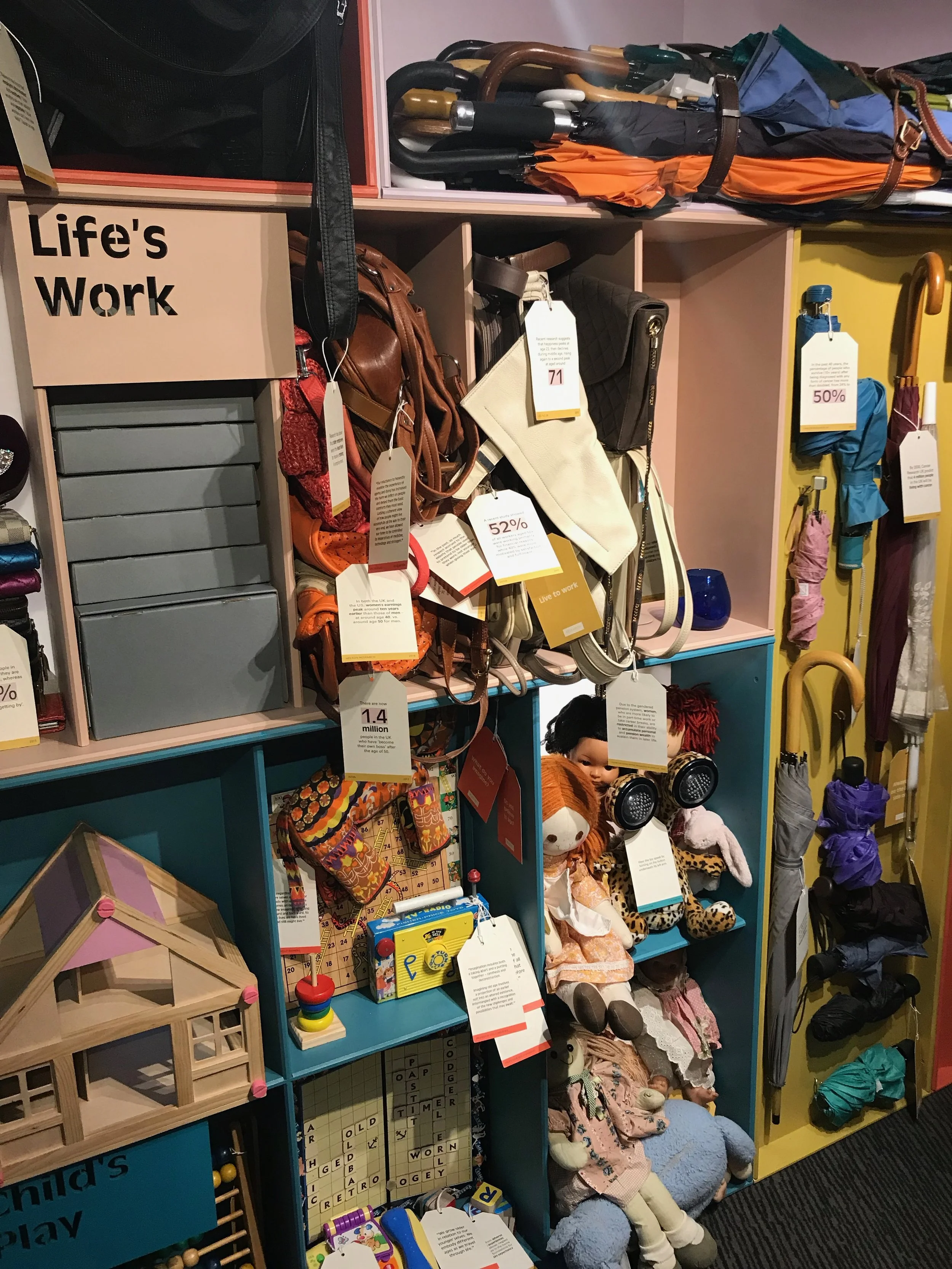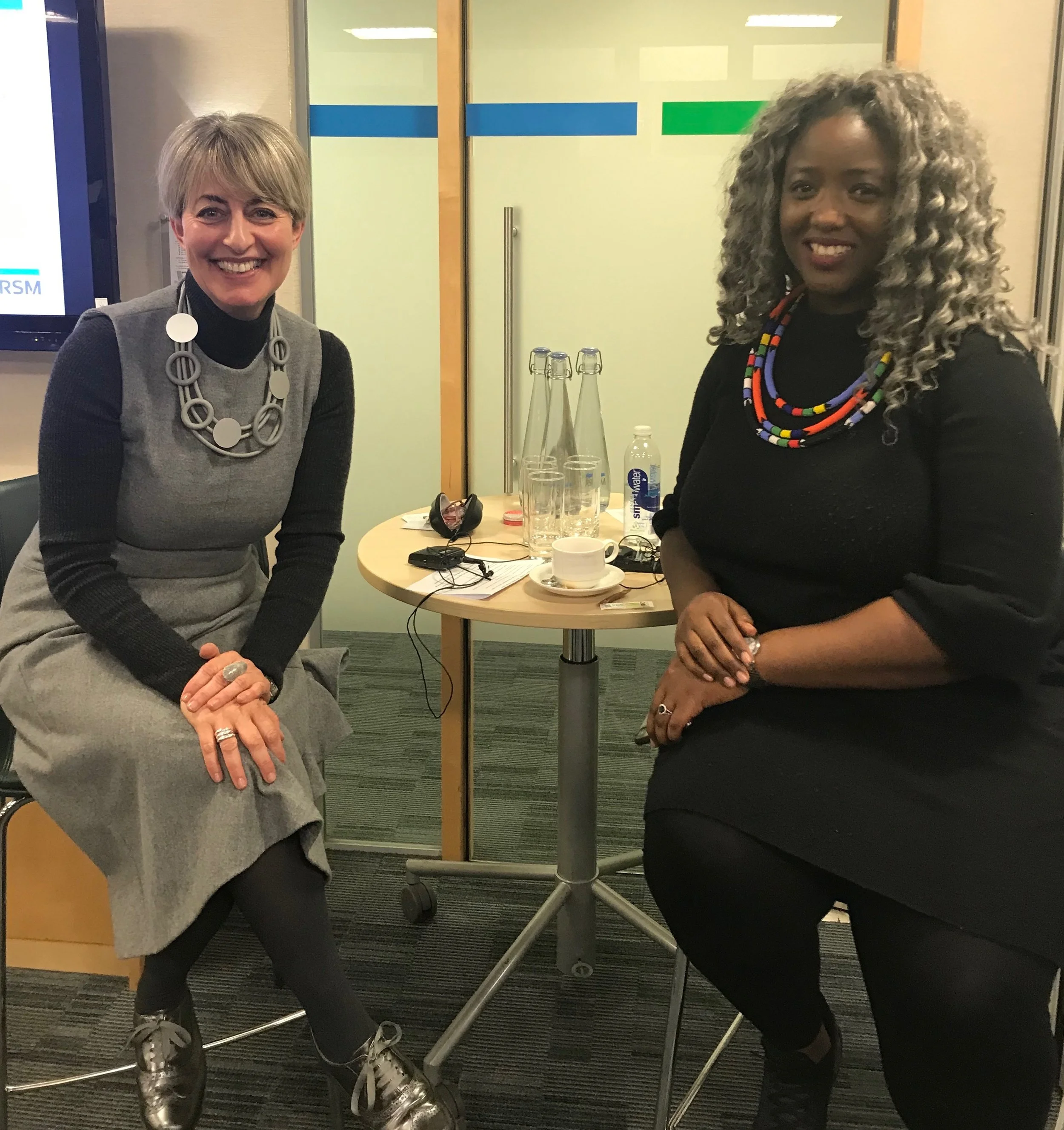A myth-busting quiz about ageing
Ageing is something we’re all doing from the moment we’re born. And yet, the older we get, all too often the less we like to think about the process of ageing and what it means to get old.
For starters, there’s the notion of what ‘old’ is. Research has consistently shown that until we get into our 70s, we all consider old to be at least 5 years older than we currently are! And as for how old we feel in our heads - well for the vast majority of us, that remains resolutely fixed in our 30s and 40s.
What we’re led to believe ageing is like
Whilst we’re constantly told that we’re all living longer than ever before, we’re also bombarded with negative messaging about older age. How we’re more likely to live with long-term debilitating illness, how we’re going to become increasing burdens on the social care and health systems, not to mention our families, how the elderly are blocking everything from hospital beds to the housing market. It doesn’t make for a very cheerful picture of older age, does it?
As Professor Molly Andrews, a professor of Political Psychology, says “If people generally fear and devalue old age, it is perhaps not surprising if they don’t want to put themselves in the category ‘old person’ even in their imagination”.
What’s the reality?
But is that really what old/er age is actually like, or going to be like? And what can we do to help ourselves have the best old/er age possible?
A recent, brilliantly designed, exhibition at the Barbican Centre called Unclaimed, created a marvellously surreal lost property office as a vehicle for exploring the facts and realities about ageing and what it will mean for us to grow old in the 21st century. (Sadly the exhibition has now finished, but hopefully it’s going to be installed in other places in the future. I’ll let you know if and when that happens)
Unclaimed. An exhibition about the reality of ageing presented as a surreal and brilliantly inventive lost property office
The pictures and facts I’ve used for this quiz, which I hope you’ll find enjoyable and revealing in equal measure, come from the exhibition. The data was gathered by the gerontology research team at University College London and specifically their LINKAGE (Long-term Information and Knowledge on Ageing) project, which involved studying 2000 over-70 year olds for a period of two years.
In this display, opening some of the drawers triggered recordings by some of the participants in the research study
The quiz
No peaking at the answers (which are at the end) until you’ve finished!
Question 1: At what, older, age are you most likely to be at your most happy?
A. 65
B. 71
C. 80
Question 2: In what age group is smartphone ownership growing the most rapidly?
A. over 50s
B. over 60s
C. over 70s
Question 3: What percent of internet users aged over 55 have a social media account?
A. 15%
B. 35%
C. 50%
Question 4: What percent of over-60s have used an online dating service?
A. 2%
B. 8%
C. 14%
Question 5: Which age group goes to more museums, galleries, opera, ballet, classical and jazz music performances than any other?
A. Over 45s
B. Over 55s
C. Over 65s
Question 6: What percentage of people survive for 10 years after being diagnosed with any form of cancer?
A. 30%
B. 40%
C. 50%
Question 7: What percent of people over 65 suffer from dementia?
A. 20%
B. 7%
C. 35%
Question 8: What percent of people over 85 suffer from dementia?
A. 15%
B. 20%
C. 35%
Question 9: What is the only proven thing you can do to reduce the chance of developing dementia?
A . Exercise regularly
B . Don’t smoke
C. Do puzzles
Question 10: Which are the biggest predictors of how well you will age (pick as many as you think are relevant)
Your parents’ background
Your education
Your work-life
Your wealth
Where you live
Exercise
Travel
Question 11: What percentage of the respondents to the study (all aged 70+) felt age often prevents them from doing the things they would like to do?
A. 50%
B. 30%
C. 10%
This was one section of a floor to ceiling bookcase covering one whole wall of the exhibition space. The orange books represent the percentage of healthy people in the 61-80 age group, the books with blue spines show the percentage with illness. They’re arranged from the wealthiest sectors of society at the top to the poorest at the bottom
The answers
Question 1: B Recent research has shown that happiness peaks at the age of 23, then declines during middle age, rising again to a second peak at around 71
Question 2: C More people over 75 are buying smartphones than any other age group
Question 3: C
Question 4: B Perceptions of older people’s use of technology and engagement with the digital world are often outdated
Question 5: C People over 65 also participate more than any other age group in singing, crafts and reading for pleasure
Question 6: C That’s double what it was 40 years ago
Question 7: B
Question 8: B Shockingly, studies have shown that 40% of millennials believe that dementia is an inevitable outcome of ageing.
Question 9: A Maintaining regular exercise is the only proven thing you can do to have a positive impact on your chances of developing dementia. It also helps improve your body’s resilience to illness and disease.
Question 10: All of them! How we age and our experience of ageing depends on everything we experience during our lives, from birth onwards. But we can also continue to positively affect our ageing at every stage of our lives.
Question 11: C 56% also said that they felt that age never, or not often, prevented them from doing the things they would like to
Were you surprised by the answers? Or were they what you expected? How, if at all, has this changed your views or beliefs about ageing?
Other posts you’ll enjoy
Ageing and potential, a conversation with a film-maker Heydayer
A brilliant, and hilarious, Netflix series about ageing







